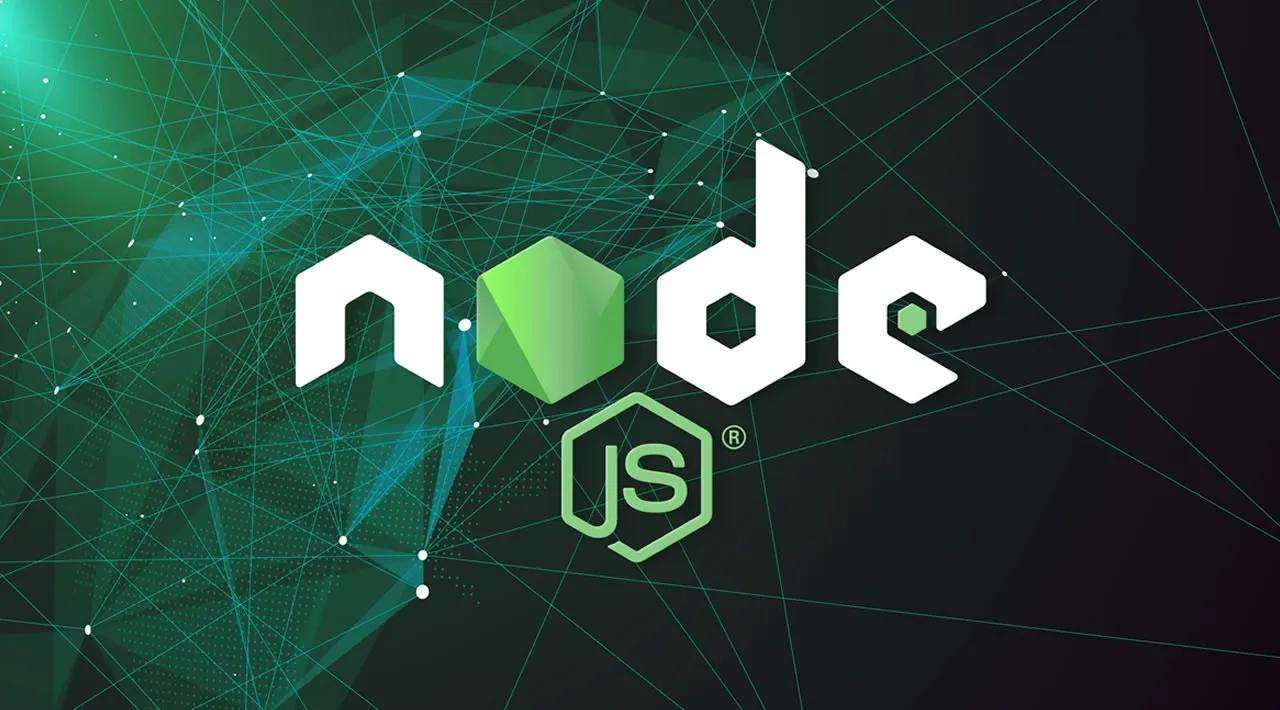Learn how to use proxy server in Node.js to decrease security risks, improve anonymity, and even increase browsing speed.
In this article, we will take a deep dive into proxy servers, including what they are, their benefits, what types are available, and their potential drawbacks. Then, we will explore how to use a proxy server in Node.js to get a grasp of what happens under the hood.
What is a proxy server?
Imagine yourself in a restaurant. You want to order a bottle of Cabernet Sauvignon, but you do not want to go up to the bar. Instead, you call for the waiter, give them your order, and they go to the bar to order your bottle of wine for you. In this scenario, you are the computer, the waiter is the proxy server, and the bar counter is the internet.
Proxy servers are powerful because they act as middlemen, communicating your needs and requests without providing your information to the internet. Proxies can also allow you to bypass certain security blocks and allow you to access information that might otherwise be blocked. This is made possible through use a proxy server that does not reveal your personal IP address.
Each computer talking to the internet already has an Internet Protocol (IP) address. For the individual user, an IP address is like your computer’s house address. Just as the waiter knew which table to bring your wine to, the internet knows to send your requested data back to your IP address.
On the other hand, when a proxy server sends your requests, it has the ability to change your IP address to its own address and “location,” thereby protecting your personal address and data.
So why use a proxy server? Should you always use one to protect your IP? It is the most secure way to search for data? How do your make sure you’re using the right server? These are all important questions, and we’ll answer them in the following sections.
#node #nodejs #javascript #web-development #developer
